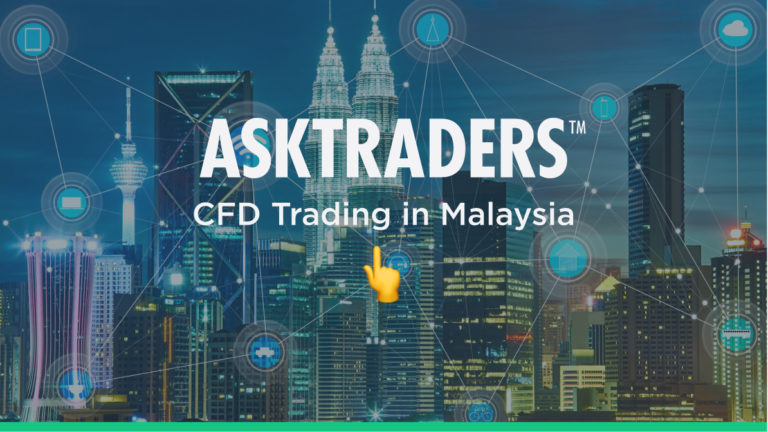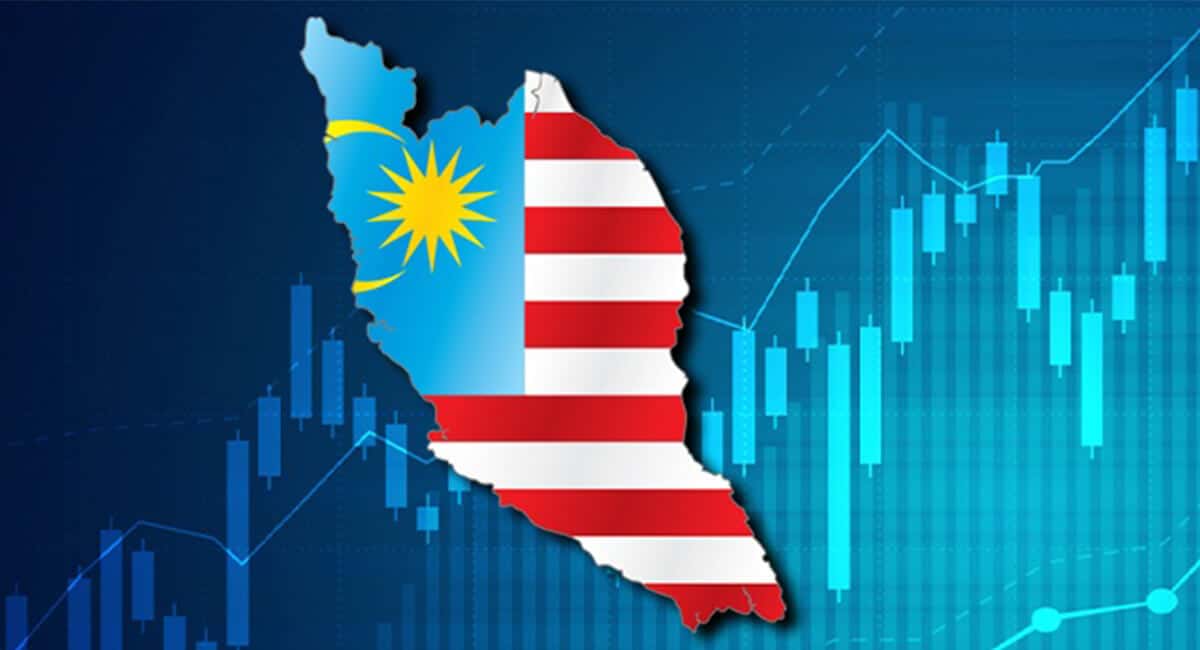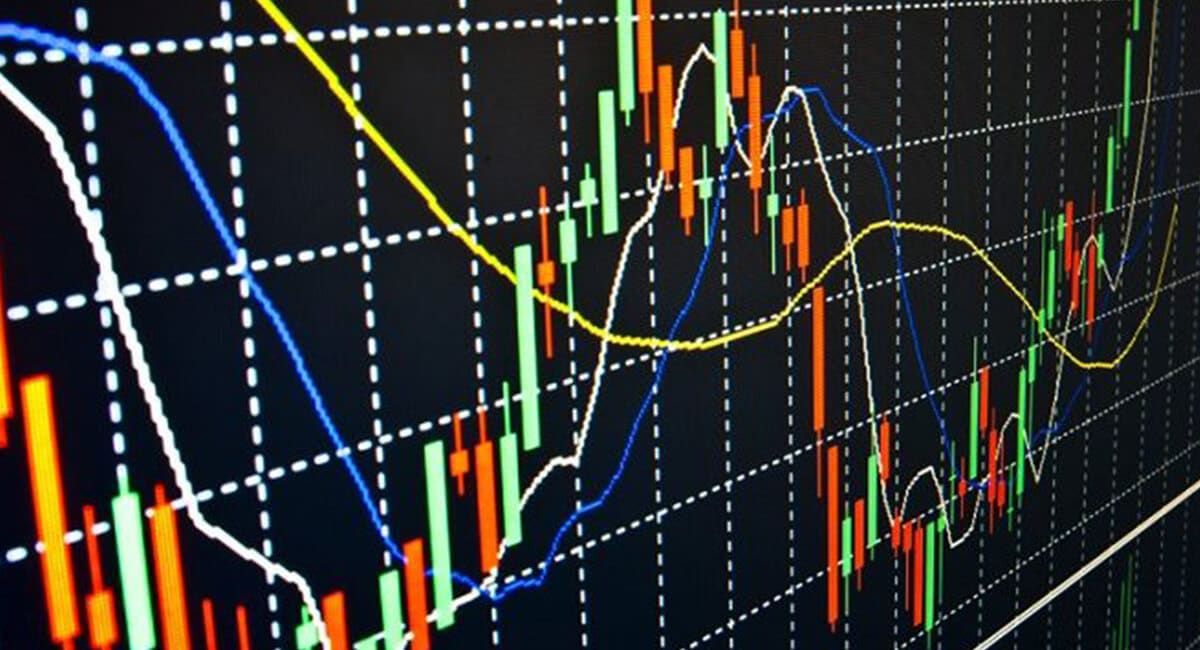
What Is CFD Trading?
CFD is the acronym for a contract for difference. So, CFD trading is defined as the buying and selling of contracts for difference. In simple terms, CFD trading is when the buyer will pay to the seller the difference between the current value of an asset and its value at contract time.
CFD trading lets you speculate on the rising or falling prices of fast-moving global financial markets (or instruments) such as shares, indices, commodities, currencies, and treasuries without purchasing the underlying asset. CFD mimics the price of the underlying asset, which is why it is a popular investment tool.
Is CFD Trading Legal In Malaysia?
Yes, CFD trading is legal in Malaysia, but it is heavily regulated. The Securities Commission Malaysia oversees and sets regulations for all financial and investment services, including CFD trading. There are certain restrictions related to the instruments that can be traded that vary from other regional regulators.
If you are to trade CFDs, it is very important to use platforms and brokers that are properly licensed and regulated by this body to ensure compliance and protection under Malaysian law.
How CFD Works?
There are four key concepts that you need to know before investing in CFD trading in Malaysia. There are spreads, contract sizes, durations, and profit or loss.
Spread
With CFD trading, you will always be offered two prices based on the value of the underlying instrument: the buy (bid) price and the sell (offer) price. The price to buy will always be higher than the current underlying value, and the selling price will always be lower. The difference between these prices is called the spread.
Contract Size
The contract sizes of CFD trading relies on the underlying assets. In derivatives trading, an underlying asset is the financial instrument represented by a derivative and is what gives a derivative its value.
For CFD shares, the contract size is usually representative of one share in the company you are trading. For example, to open a position that mimics buying 500 shares of Ambank, you will need to buy 500 Ambank CFD contracts.
Durations
One of the major points to remember when trading CFDs is that they do not have an expiration date. A trade is closed only when placed in the opposite direction. A buy position of 500 gold contracts, for instance, would be closed by selling 500 gold contracts.
Profit and Loss
Profit and loss are easily calculated with a simple formula. The number of contracts you hold is multiplied by the difference in price. For a full calculation of the profit or loss from a trade, you will need to subtract any charges or fees you paid.
Profit & Loss = number of CFDs x (closing price – opening price)
CFD Trading Main Features and Uses
Some benefits of CFDs include access to the underlying asset at a lower cost than buying the asset outright, ease of execution, and the ability to go long or short.
For example, if a stock has an ask price of RM25.20, and the trader buys 100 shares, the transaction cost is RM2,520 plus commission and fees. This trade requires at least RM1,260 in free cash at a traditional broker in a 50% margin account, while a CFD broker requires just a 5% margin or RM126.
Now let us take a look at other main features and uses of CFD trading.
Short and Long Trading
In simple terms, when you are being offered two types of prices, and you choose to trade at the buy price, which is slightly above the market price, you open a ‘long’ position. In contrast, trading at the selling price, which is slightly below the market price, will open you to a ‘short’ trading position.
Leverage
CFD trading is leveraged, which means you can gain exposure to a significant position without having to commit the full cost at the outset. However, it is important to pay attention to the leverage ratio and make sure that you are trading within your means.
Margin
When trading CFDs, there are two types of margin. A deposit margin is required to open a position, while a maintenance margin may be needed if your trade gets close to incurring losses that the deposit margin and any additional funds in your account will not cover.
Hedging
Hedging is an effective investment mechanism that aims to cancel or eliminate the risks involved in another form of investment. CFDs can be used as a hedging tool to help you profit from a falling market.

PEOPLE WHO READ THIS ALSO VIEWED:
Best CFD Broker Platform in Malaysia
Trading platforms or brokers are persons or firms that arrange transactions between a buyer and a seller for a commission when the deal is executed. A broker who also acts as a seller or buyer becomes a principal party to the agreement.
Before you start investing, let us look at the best CFD trading platforms in Malaysia. Whilst not a huge amount changes in the realm of CFD brokers, some new names do enter the Country from time to time, and there can be opportunities to test.
Tickmill
Located with offices around the globe, Tickmill is one of few brokers to offer bonus on signup and has been established since 2014. There is $30 bonus for Malaysian traders who get started, which can be helpful to test the platform.
Tickmill is regarded as a trustworthy broker in the global CFD trading community, including in Malaysia. It is known for being well-regulated by several reputable financial authorities around the world, such as the UK's Financial Conduct Authority (FCA), the Cyprus Securities and Exchange Commission (CySEC), and the Seychelles Financial Services Authority (FSA). The broker also has Labuan Financial Services Authority (Labuan FSA) regulation for Tickmill Asia Ltd with licence number: MB/18/0028.
For Malaysian traders it is important that brokers comply with local regulations or have a strong regulations from recognized international bodies. While Tickmill has an excellent reputation for its trading conditions and client safety measures, it is the deposit and withdrawal selection, along with the option for support in English or Malay that is additionally helpful.
Now, some of you might be wondering, what are the differences between traditional share trading and CFD trading. Let’s find out.

Traditional Share Trading vs CFD Trading
While traditional share trading is the buying and selling of physical shares in a company, CFD is trading a financial derivative. Both of these types of trading have no expiry date.
The table below shows the difference between share trading and CFD trading.
| CFD Trading | Share Trading | |
| What Is It? | Trading a financial derivative is when you deal with prices derived from the underlying market, not on the underlying market itself. | The buying and selling of physical shares in a company. |
| Expiry Date | No expiry dates (excluding forwards and options). | No expiry dates. |
| Hedging | Yes | Rarely, as other products are more effective. |
| Stamp Duty | No | Yes |
| Trading Opportunities | Better for short-term investment | Better for long-term investment. |
Conclusion
CFDs are known to be cost-effective, and that makes it suitable if you either want to start trading or want to diversify your investment portfolio. Besides, if a share price begins to fall in CFD, you can short it and sell. This way, if the price continues to fall, you will make profits from it.
Should you want to start CFD trading in Malaysia, be sure to learn an extensive CFD trading guide that will help you in risk management and help you profit. Thus, you need to choose the right broker that will guide you in your investment needs.




